From under their feet
- LandforAfricanwomen.org
- 18 May 2012
New paper on the gender dimensions of land grabbing in Africa
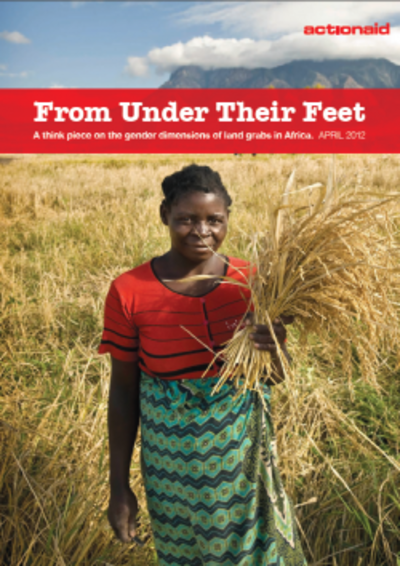
New paper on the gender dimensions of land grabbing in Africa

The Financial Times reported this week that TIAA-CREF is developing a new “investment vehicle” that will bet the retirement funds of millions of American on the rising price of farmland around the world.
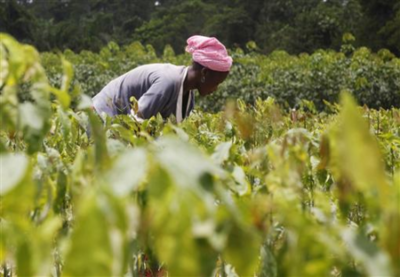
Four African leaders attending the rich nations’ meeting that opens in Washington today have been cautioned to be wary of the G8’s New Alliance to Increase Food and Nutrition Security, noting that it poses a serious threat to small-scale farmers in Africa.

Indigenous Papuans are reeling from the cut-price sale of the land and forests that are their lifeblood
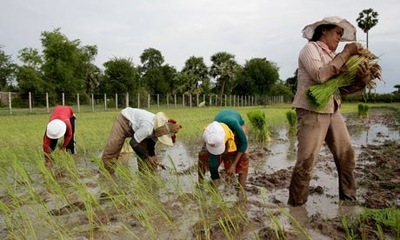
Authorities say the land is owned by the government, but the activists claim the previously state-owned land already has been awarded to a Russian company to be developed as a plantation.
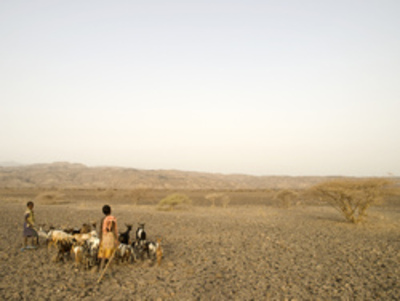
Ethiopia's State Minister of Industry, Tadesse Hailem, says the investors have expressed interest to invest in the agriculture sector in Ethiopia and export it to their country.
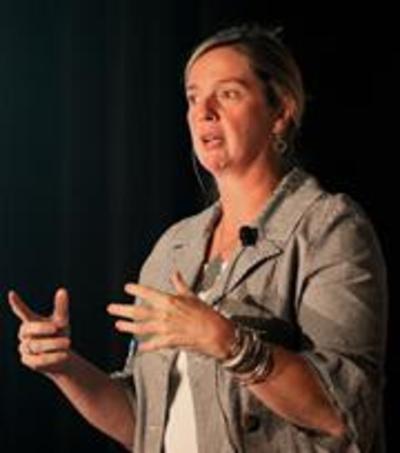
"Investing in Farmland and Feeding the World," was discussed at an interactive session at the 65th CFA Institute Annual Conference in Chicago last week.
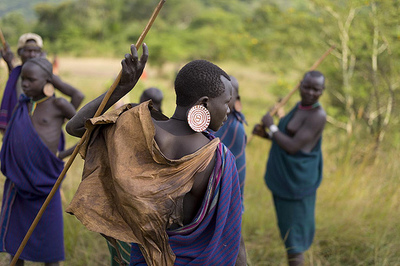
On the ground reports have exposed a secret operation by Ethiopian forces to force the Suri, Bodi and Mursi tribes out of their ancestral land to pave way for sugarcane plantations of Malaysian investors.
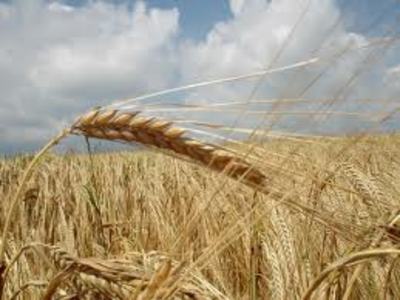
Sweden's SEK216bn (€24bn) buffer fund AP2 and TIAA-CREF have increased commitments to an agricultural property company launched last year to $2bn (€1.6bn), attracting interest from several Canadian investors.
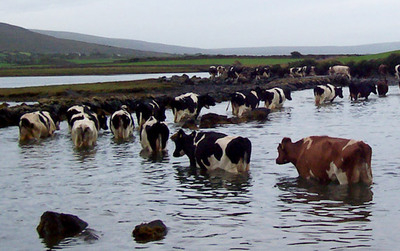
A group of foreign financiers is examining the possibility of investing up to €50m in Irish dairy production, it has been revealed.


Financial services group TIAA-CREF said it is partnering with Canadian and European money managers to form a $2 billion global farmland investing company to capitalize on the growing demand for grains and other agricultural products.